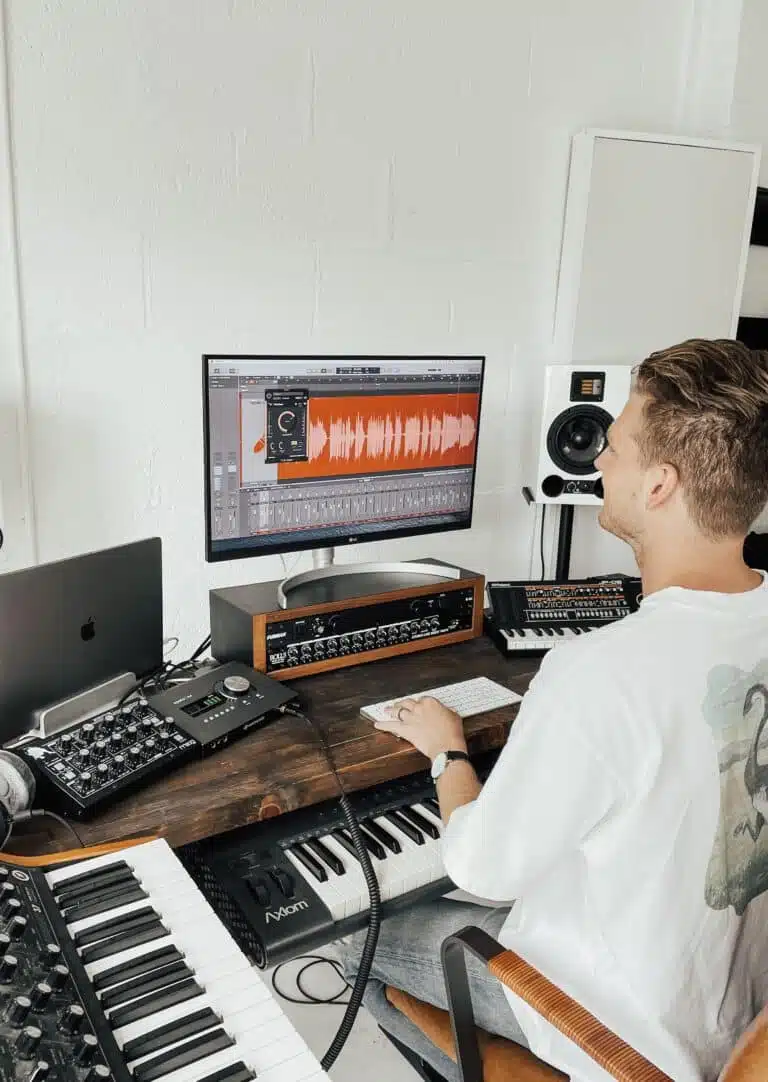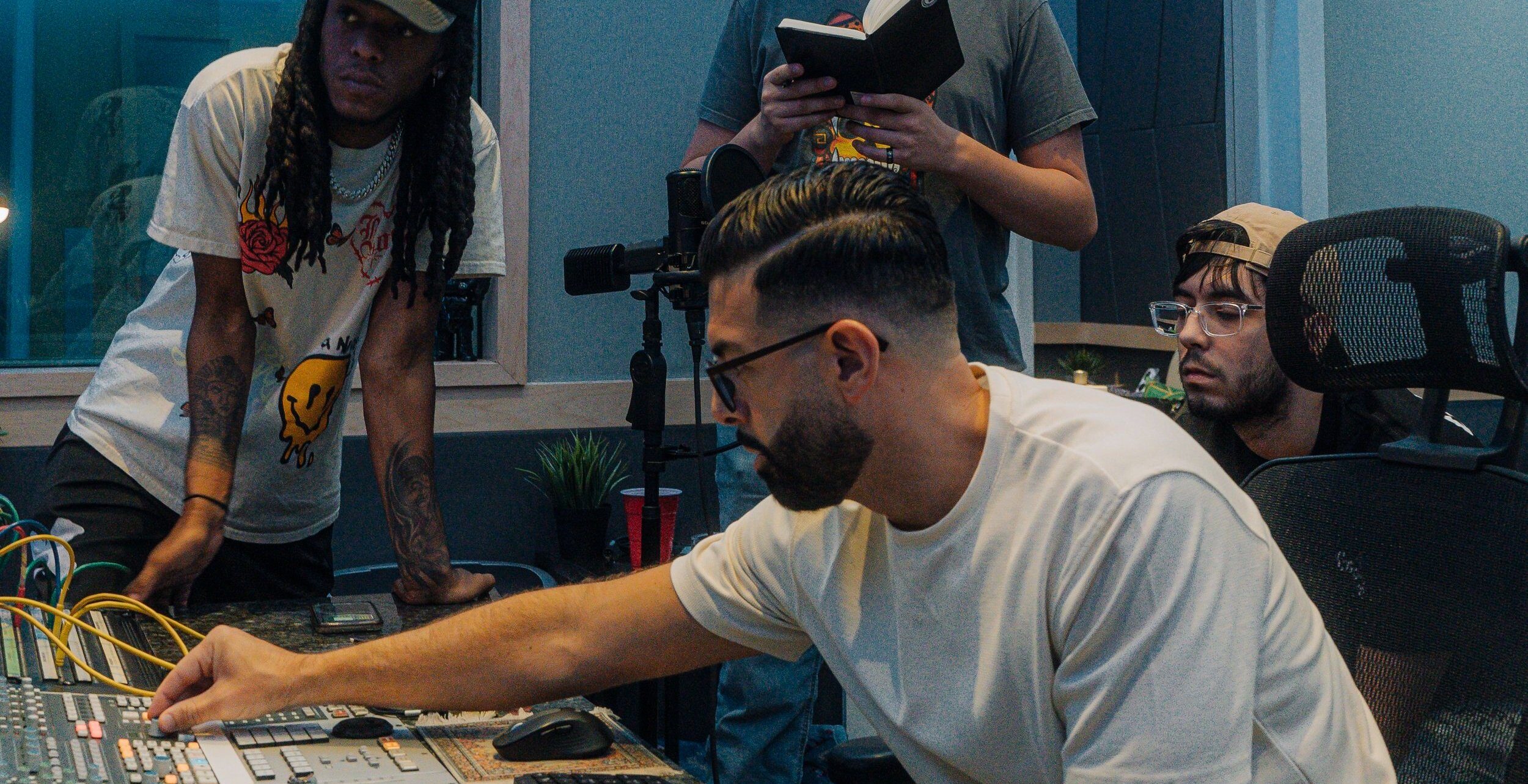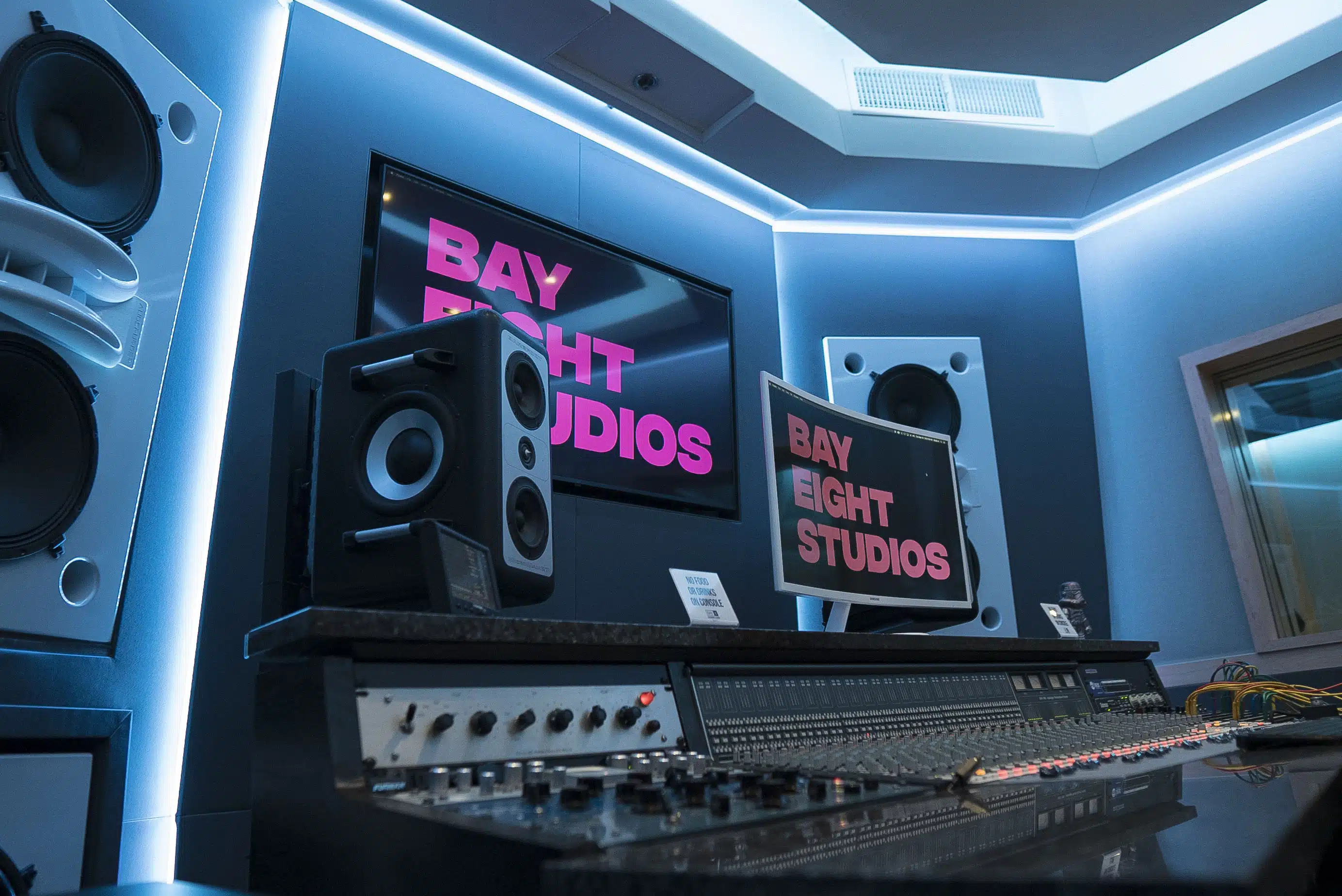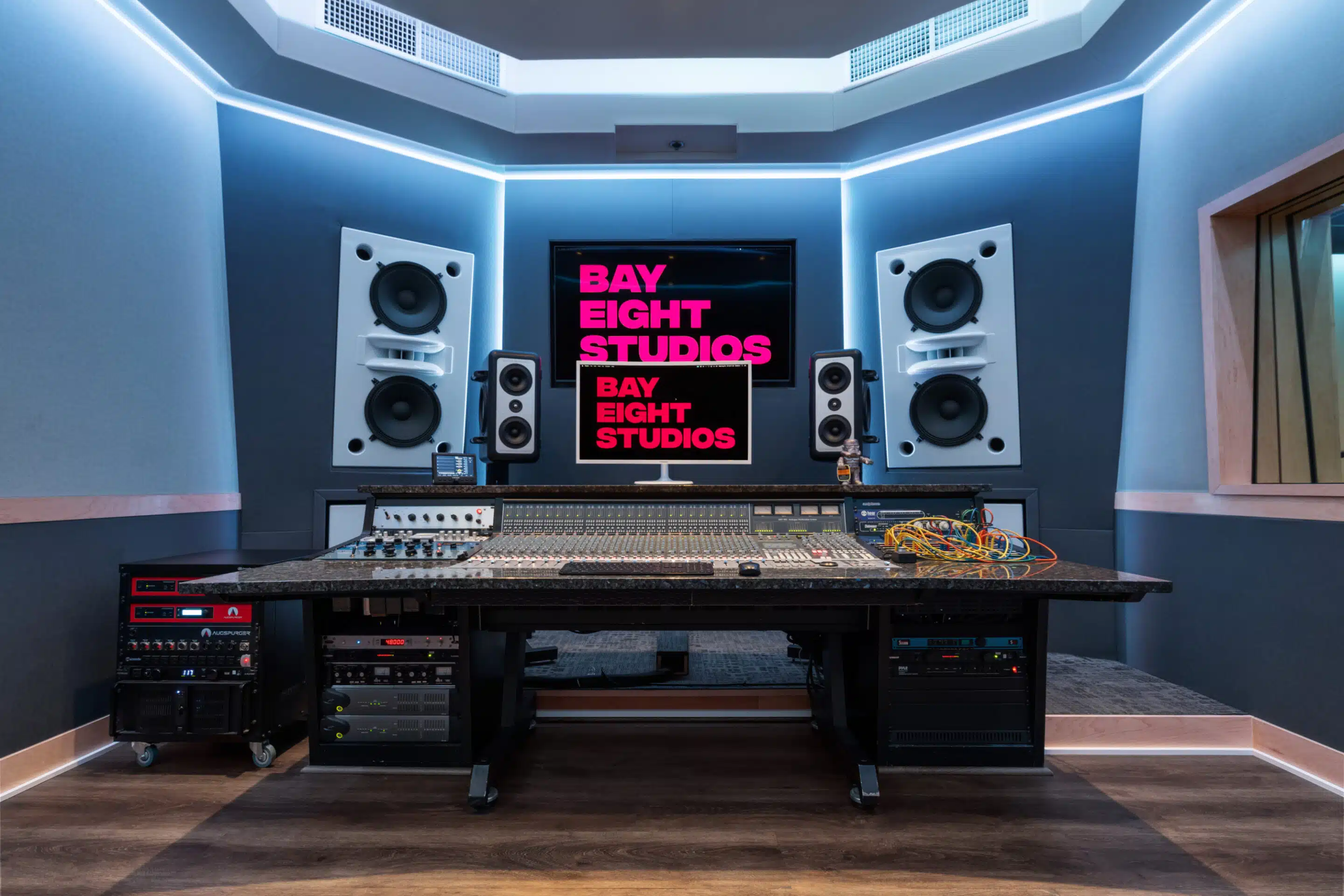Learning the ins and outs of music mastering can be tricky for new engineers. Before realizing how critical the audio engineering role is, you probably spent years listening to music without thinking about engineers at all. The truth is that many professional musicians don’t understand the role of mastering engineers either, but it’s never too late to learn. A mastering engineer’s main purpose is to enhance the overall mix’s sound. Being involved in the last stage in the audio production process also means that you’re quality control.
There’s a lot of responsibility that comes with this role, even if many don’t understand it. If you’re interested in becoming a mastering engineer, it’s critical you understand the expectations of the role. If you’re at the early stages of exploring this career, then you should consider enrolling in the Bay Eight Sound Academy for further guidance. But here are some tips and tricks to get you started!
Factor in Your Destination
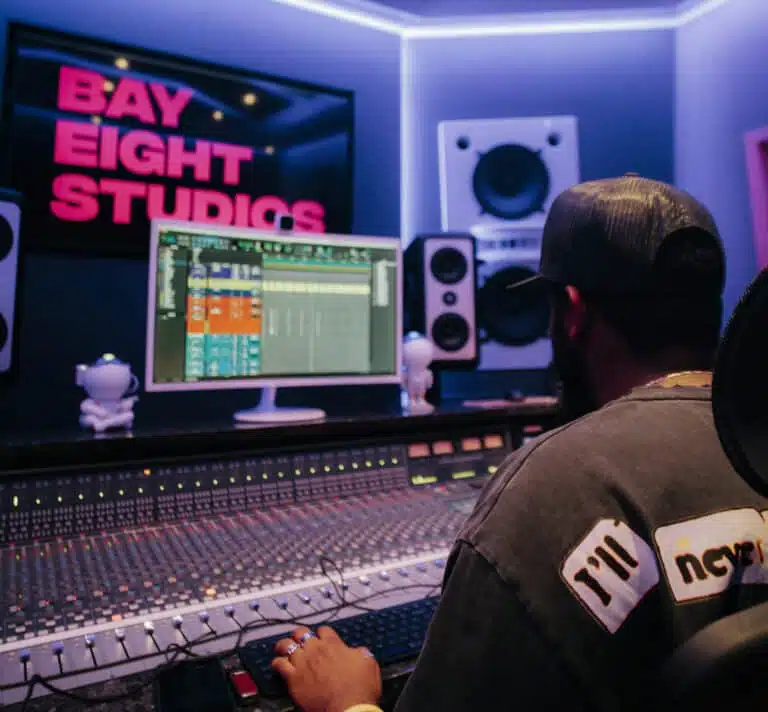
As a sound mastering engineer, you should always know where the track will land before you even start mastering. Nowadays, streaming services like YouTube, Spotify, and Apple Music are increasingly embracing loudness normalization to various degrees. So, if your final product has a higher level master than a streaming service’s target, the streaming service will have to lower its level to match other tunes on the platform. Mastering at around -12 to -16 LU is ideal because it is within the range of most streaming services targets.
Consider Checking the Loudness Standards
It’s always a good idea to check your meters (they are often in a plug-in like Insight). This helps determine the loudness of your master. Make sure you observe your integrated and short-term loudness readings so you know whether your master falls in the ballpark. Additionally, it’s a good idea to keep genre in mind when you’re considering loudness levels. Pop music is going to be mastered louder than Jazz and so on and so forth.
A master track must not exceed the maximum average level of -3 dBTP (dB True Peak) and must never spike over 0 dBFS. People often confuse these – but they are very different. Loudness is a reference value, whereas short-term or integrated loudness refers to how loud your track sounds over time.
Pick Suitable Genres For Reference Tracks
When securing a reference track, you should think about whether the song you’re working on would fit in a playlist with your references. You should identify one or more songs with the same genre, tempo, and arrangement to use as a standard reference. If possible, try obtaining a lossless file like .WAV. You can also use your mixes as references since the material is already familiar to you. One benefit of using a reference track is that it gives the new song a competitive commercial advantage. So, their overall level, dynamic heft, and frequency content must be comparable.
Find a Meter
To confirm what your ears are hearing, you need a meter to provide you with visual context for the track. Producers often use meters in conjunction with reference music, as discussed above.
Here are some essential meters you may need for your mastering engineering career.
- LUFS Meters – These meters are helpful when measuring your track’s integrated average and short-term (momentary) levels. Remember that measuring integrated loudness is essential in ensuring your music complies with broadcast standards. Equally, short-term loudness comes in when checking the dynamic range between your mix’s quietest and the loudest sections.
- Frequency Spectrum analyzers (FSA) – To establish the precise points that you need to include low ends or scrape off some upper mids, you will need an FSA. These meters usually display your new mix’s frequency content.
- Loudness history graph – Your dynamic range’s excellent readout needs these meters in addition to meters that can offer you a pictorial view of the track’s loudness. Again, Insight is one of the best metering systems with a customizable interface.
At First, Limit Yourself to Three Tools Only
Focusing on compression, EQ, and peak limiting is among the most critical tips for mastering music. Start with these three tools to avoid complicating your process, and to help you avoid unnecessary mess-ups as a beginner. These three tools are all you will most likely need. It is up to you to decide whether to incorporate the EQ after the compression or before. Our recommendation is to put EQ before, but it’s also a matter of personal preference. Have you ever thought about why Ozone’s Master Assistant doesn’t automatically slap spectral shaping and stereo-width tools on your master? Generally, it is because they are garnishes, not staples. With the above three tools, you can accomplish everything you need it.
As a mastering engineer, it’s important to remember the bigger picture, rather than just your specific role. You should study and know what went into producing the track. Even as you gain further expertise, remember not to make unnecessary changes just so you feel like you’ve done something. If the track is already “perfect,” then let it be.
Tips For Picking Reference Tracks
As a new mastering engineer, it is essential to have the right reference tracks. Reference tracks help you learn by listening to other people’s work. To avoid complicating things for yourself, use well-recorded songs that are to your taste. Everyone has their preferences when it comes to genre. It doesn’t matter if you prefer heavy metal or alt-pop. Either way, keeping things consistent will save a lot of time and effort later. In addition, this consistency helps maintain audio quality. The best audio engineers know what sounds good, what sounds balanced, and what they are trying to accomplish.
Here are a few questions to ask yourself about your reference track selection:
- Does the track sound balanced?
- Is the final mix in the same ballpark or dynamic range as the reference track?
Top Skills Needed For A New Mastering Engineer
Mastering engineers are the best-kept secret of the recording industry. They are sought after and incredibly knowledgeable. They can make or break a project even with just a few simple EQ moves. A mastering engineer needs to have skills in all areas of audio engineering. If you aspire to be a mastering engineer, here are some of the skills you need to master:
- The Audio Engineering Basics
Compressors, limiters, noise gates are all your friends. Make sure you understand how to use them before anything else! And by the way, it’s not enough to just know what each tool does in technical terms. You should know when and where to use them.
- Know The Rules – And When To Break Them
In any career, you’ll find that seasoned professionals don’t do things the way novices are taught to. You’ll get to this point if you stick with the proffesion, but in the beginning it’s best to play by the rules. As you garner more experience, you will realize that sometimes the rule is not always suitable for every song. Sometimes rules are meant to be broken. There is a reason why we call them “rules” and not “laws.”
- Destroy Your Ego – Be Humble, Be Open To Critiques, And Listen!
It’s essential to be open, humble, receptive, and to ask for help. The mastering process is the very last chance to fix any mistakes made in the recording or mixing stages. As a mastering engineer, it’s your job to fix those problems.
Final Words On The Mastering Stage
You may not get the credit you deserve, but know that your work as an audio engineer is essential. If this is a career field you’re passionate about pursuing, there’s still time to enroll in our four-week Bay Eight Sound Academy course. This will be a great opportunity to talk to award winning audio engineers and ask any questions you may have in person.
If you’re an artist, we hope this article has illuminated why it’s important to invest in a professional to mix and master your work. If you’re looking for quick and affordable mix and mastering services, you can reach out to us here. Bay Eight Recording Studios has mastered thousands of songs over the years, and we would love to take care of yours too! We have all the tools necessary for recording, mixing, editing, and mastering audio files to make your music sound amazing. Contact us today if you need any help getting started working on your next track!


